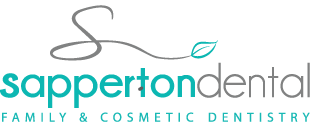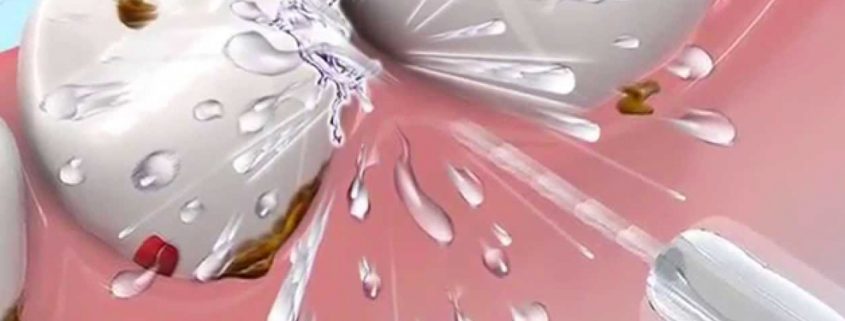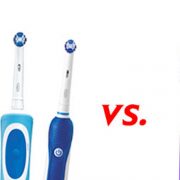Taking Care of Our Teeth: Brushing, Flossing, and More
We all know about brushing and flossing… but what other tools can we use for a healthier, cleaner mouth? This is a great question and while not every dentist, or dental hygienist, may agree on what else is needed to get and keep your gums and teeth healthy I feel you should know about the other oral hygiene tools that are available. That way you can make up your own mind.
First, you must be aware that everyone is different in regard to the state of their oral health and even within one’s mouth there will exist different conditions, requiring different dental tools. Thus, in some parts of your mouth, a toothbrush may be all you will need to keep that part healthy. Yet in another area, you will need to floss regularly to keep it disease free. And in some areas, you will need to use the toothbrush, floss, water irrigator and other unique dental tools to maintain optimal oral health.
But before I get into the various ‘preventive dental tools’ that are available you will need to be aware of the fact that regardless of the tools that are available you must first know why you are using them, what they do, when to use them, how to use them, and be committed to being responsible for your own oral health. As I like to say, ‘it isn’t the brush, it’s the brusher’ and ‘it isn’t the floss, it’s the flosser’! While treatment is something that is done to you, prevention is something that is done by you! So when it comes to achieving and maintaining optimal oral health you, and you alone, will determine how successful you will be – not the tools you use.
How to Know What Tools to Use
If, when you were 6 years old, you learned everything you needed to know about taking care of your teeth and did what you needed to do – the only dental tool you would ever need would be the toothbrush. If you didn’t learn that lesson and later found that you had the early stages of gum disease and some decay, you could add dental floss to the toothbrush and if you knew when and how to use it, those two dental tools would be adequate to keep your gums and teeth healthy. But, if over time you didn’t know what you needed to do, or just got lazy and didn’t do it, and eventually progressed to moderate or advanced gum disease (which a high percentage of the population has) – those two dental tools would no longer be sufficient.
Anyone who has had bone loss and gum recession, or have periodontal (gum) pockets of 4mm or more, will need to add other tools to their dental arsenal – if they want to keep their teeth that is. The key to understanding this is to realize that every dental tool available does something that the others do not. Another way to put it is: the toothbrush doesn’t do what the floss does; floss won’t do what a toothbrush does; and the water irrigator can’t do what the floss and brush do. They all overlap to some degree but make no mistake about it; once your gums deteriorate to the state I mentioned above you will have to use all three of those tools and possibly more – to get and keep your gums healthy.
The Dental Tools
Aside from the toothbrush, floss and water irrigator, there are many preventive dental tools that weren’t available 20 years ago and all have some value in the right situation. I’ll list some of the more common ones.
- Floss threaders
- Interdental Brushes
- Bridge Cleaners
- Electric toothbrushes of all kinds
- Innovative soft toothpicks
- Gum stimulators
- Tongue cleaners
- Irrigating syringe
There isn’t the space to go into each of the above supportive dental tools and if you are interested in them you can search the Internet and ask your dentist and hygienist to explain them to you.
Suffice to say that if you are motivated and have learned how, when and why to use the toothbrush, floss and water irrigator – most people will have no need for other tools.
But that doesn’t mean they can’t give additional support to your oral hygiene program. But the most important thing you can do is to consult with your dental hygienist and learn what preventive tools you’ll need for your own unique oral situation. But remember, if you don’t use them properly, and at the right time, it won’t matter if you have 100 of the best toothbrushes, or 5 superior water irrigators – because your gums won’t get and stay healthy by wishing them to be.
Regardless of the dental tools, you also need the support of your dental professionals, especially if you have, or had more serious gum disease. Your dentist can be of immense value to you in supporting and monitoring your oral hygiene program so don’t forget to enlist his/her support.
There two very important preventive dental tools that I haven’t mentioned and if you take advantage of them your oral hygiene program will have a much better chance of being successful. The first is a good, healthy, natural diet and one that eliminates or reduces refined sugar and refined food consumption. This is a separate topic but the more natural your diet is, the more raw fruits and vegetables it contains the easier it will be to keep your gums and teeth healthy. The second is to supplement your diet with adequate amounts of vitamins and natural supplements. These are big subjects and cannot be adequately dealt with here but supplementing your diet with good multiple vitamins, multiple minerals, and vitamin C is essential.





Trackbacks & Pingbacks
[…] objects stuck in the mouth, try to gently remove with floss but do not try to remove it with sharp or pointed […]
[…] They cause complications like pain, chewing problems, and tooth abscesses. And if you don’t brush or floss your teeth, your plaque will harden and turn into tartar. Tartar above the gums can lead to gingivitis, an […]
[…] too abrasive and could lead to receding gums. No matter what kind of brush you choose, be sure to floss […]
Leave a Reply
Want to join the discussion?Feel free to contribute!